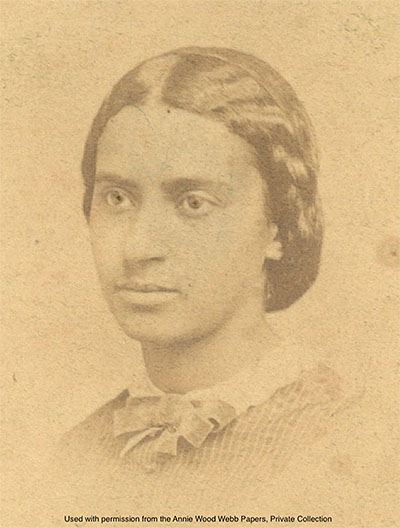Every day this month, the Center for Black Educator Development, in partnership with Phillys7thWard.org and Citizen Ed, will highlight a Black Educator Hall of Famer. But, don’t forget, e’ry month is Black History Month…February is just the Blackest.
Today, our featured Black Educator is Charlotte Louise Bridges Grimké.
Charlotte Grimké was born in Philadelphia on August 17, 1837. Grimké was an eduactivist who was an abolitionist and a poet. Grimké faced inequality due to her race and gender throughout her life, yet she never allowed that to stop her from being who she was. She used her pen to express her outrage and advocate for solutions.
As a member of a prominent free Black family, Grimké had always been around activism. Her family used their financial success to fuel the abolitionist movement; funding the freedom of enslaved persons, supporting the underground railroad and funding the antislavery publication, The Liberator.

Due Philadelphia’s segregated school system at the time, Grimké attended high school in Massachusetts at the Higginson Grammar School where she was the only Black student out of 200 students. Her father wanted her to be educated in integrated schools. In the 18-month program, she studied English literature, algebra, geometry, physical geography, hydrostatics, optics, orthography, etymology, physiology, and Latin.
After, she attended the Salem Normal School to become an educator. She accepted a position at the all-white Epes Grammar School. She was the first Black teacher in the Salem School District. At the same time her teaching career began, Grimké started writing poetry. Some of her works were published in The Liberator. In one such poem, Grimké speaks of her loneliness in the midst of her service teaching, saying:
I AM LONELY TONIGHT. I LONG FOR ONE EARNEST SYMPATHIZING SOUL TO BE IN CLOSE COMMUNION WITH MY OWN. I LONG FOR THE PRESSURE OF A LOVING HAND IN MINE, THE TOUCH OF LOVING LIPS UPON MY ACHING BROW.
I LONG TO LAY MY WEARY HEAD UPON AN EARNEST HEART, WHICH BEATS FOR ME—TO WHICH I AM DEARER FAR THAN ALL THE WORLD BESIDE. . . BUT WHAT A SELFISH CREATURE I AM. THIS IS A FORLORN OLD MAID’S REVERIE…”
During the Civil War, Grimké traveled to South Carolina to teach. In 1862 Grimké traveled to St. Helena Island, where she worked as a teacher for two years at the Penn School. The curriculum was academic but Grimké taught her scholars about heroes they would recognize, like Toussaint L’Ouverture. Grimké believed that, “it is well that they should know what one of their own color could do for his race.”
During the Reconstruction Era, Grimké served as Secretary of the Teachers Committee of the New England Freedmen’s Union Commission, in Boston, recruiting and training teachers of formerly enslaved people. After, Grimké taught at the Preparatory High School for Negro Youth, also known as Paul Lawrence Dunbar High School, the only college prep high school in the city of Washington D.C. for Black children. In addition, she worked as a clerk for the U.S. Treasury department.
Throughout the remainder of her life, Grimké and her family remained active on behalf of the rights and freedoms of Black people through civic engagement. Charlotte Grimké was dedicated to Black people from her rising to her transition.
Charlotte Forten Grimké; a member of the Black Educator Hall of Fame.
For more information on Charlotte Forten Grimké, visit the following site.










